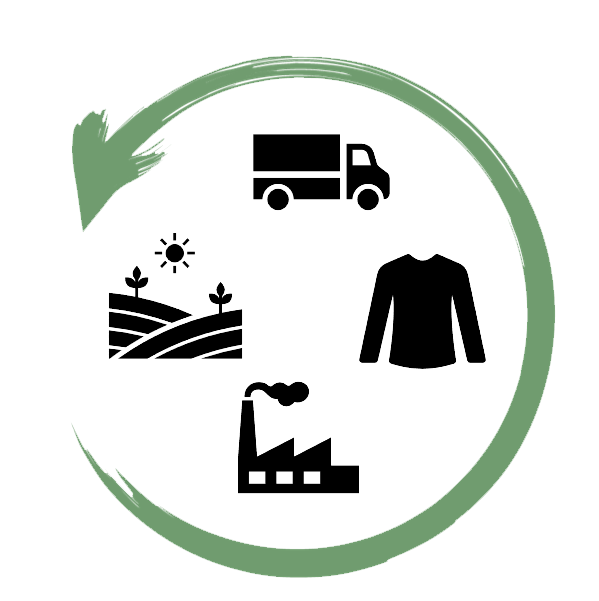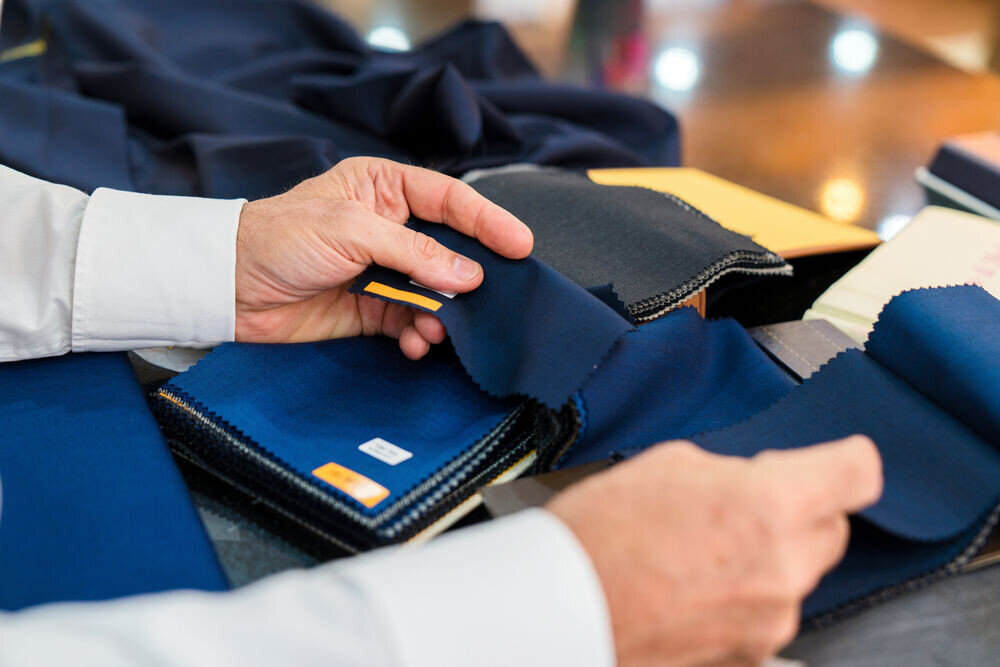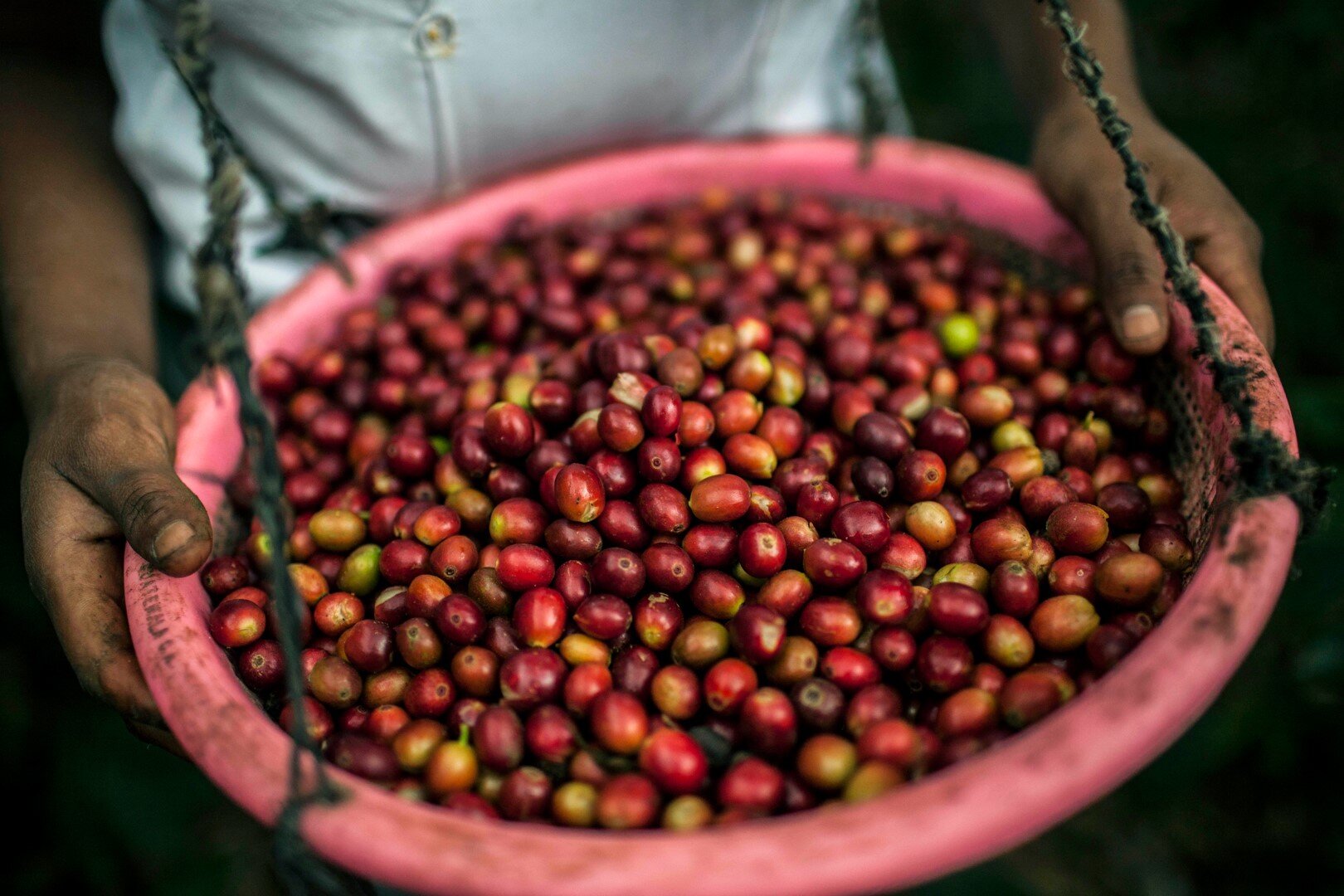Strategy
Sustainable Products
How do we make our products more sustainable?
To make our products more sustainable, we look at the entire life cycle, from raw material cultivation to disposal, to identify where we have the greatest negative impacts on people and nature. We then develop targeted measures to reduce these impacts. This includes, among others:
- Cultivation of raw materials: Promoting sustainable coffee and cotton cultivation through our own training programs, e.g., our Tchibo coffee program or sustainable cotton projects.
- Materials: Use of recycled and certified materials, such as organic cotton, recycled materials, FSC-certified wood, and sustainable coffee.
- Product design: Developing our products with a focus on quality, energy reduction, durability, and recyclability.
- Manufacturing: Reducing the environmental impact of cultivation and production through reduced use of chemicals and more careful use of pesticides, e.g., through our DETOX program. Respect for human rights through regular audits and our WE human rights program.
- Packaging: Material savings, use of recycled and recyclable materials, and reusable solutions. Transport: Innovative solutions for lower-carbon logistics.
- Disposal, recycling, and end-of-life: Providing a repair service, for example, for coffee machines, and maintaining a supply of spare parts. Increasing the recyclability of our products.

With regard to our non-food range, we define products as sustainable if they are made from certified sustainable or recycled materials. Textiles and hardware make up the majority of our range. In order to label a product from these ranges as sustainable to our customers, it must meet the relevant criteria. To achieve this, we work with certified partners and recognized initiatives and certification standards.
With regard to our textiles and hardware, we currently stand at:
- 100% sustainable cotton in our textiles
- 75% of the wood used in Tchibo furniture is FSC® certified
We've set ourselves a goal: 100% responsibly sourced coffee by 2027 (mass balance approach, according to the standards of the non-profit organization Enveritas). Responsibly sourced coffee means that the coffee is grown and traded under conditions that promote social and environmental practices. And that's precisely why we've launched our own coffee program, with which we're active in many coffee-growing regions. Specifically, this means:
- We are committed to fair wages for farmers and alternative sources of income.
- We contribute to improved living and working conditions in the coffee-growing regions.
- We support environmentally friendly coffee cultivation and promote measures to combat the effects of climate change.

